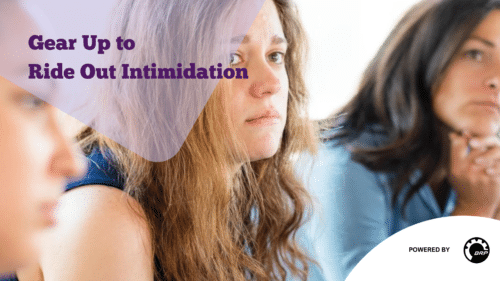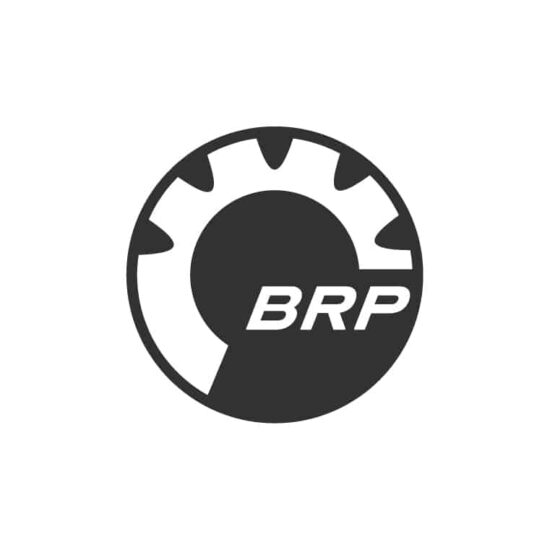The 360 Workshops
The 360 Workshops are a 75-minute activity for groups of up to 30 high school students. Two external facilitators who are familiar with virtual reality technology and social and emotional learning (SEL) present several virtual reality videos simultaneously. Using the facilitator’s guide, they lead the video viewing and discuss various skills for preventing violence and bullying.
Four booklets on the Jasmin Roy Foundation’s website—Preparation Document for School Staff, Virtual Reality, Social and Emotional Learning and School, The Adult’s Role, and Practical Application to Everyday Life—are available free of charge to help you apply these skills.
The 360 Workshops
-Emotional self-control -Conflict resolution -Prosocial behaviors
VIRTUAL REALITY TO HELP TEENS WITH SOCIAL AND EMOTIONAL LEARNING
Virtual reality (VR) refers to a computer-generated real-time environment where the user can navigate, perceive, feel, and interact like the real world. VR can take many forms: video games, interactive scenarios, and immersive films are examples of this technology whose use is gaining popularity. However, these approaches immerse users in an interactive virtual environment through various technological tools despite their differences. VR thus allows individuals to react instinctively in a virtual environment that gives them the feeling of truly “being there” (Cummings & Bailenson, 2016; Riva, Mantovani & Bouchard, 2014).
Research has shown that VR environments and characters can potentially elicit empathy and perspective, social attitudes and behaviors, and a wide range of emotions. Moreover, it appears that the behavioral responses of VR participants are comparable to those observed during the real situations they simulate (Bouchard et al., 2013; Chicchi Giglioli et al., 2017; Gillath et al., 2008). This suggests that VR can quite reliably and accurately depict everyday situations. It has many advantages, including the ability to simulate conditions that are difficult to replicate in a natural context, control the stimuli presented, have flexibility with scenario content, generalize the findings in the real world (ecological validity), ensure the safety of participants during experiences, and facilitate the replication of protocols. Moreover, the use of VR is entirely consistent with the optimal programming approach proposed by certain authors who have documented best SEL practices. This approach emphasizes the importance of active, explicit learning focused on developing specific skills and presented in coordinated activity sequences (Greenberg, Domitrovich, Weissberg & Durlak, 2017). This type of programming is linked with a significant increase in the effectiveness of SEL intervention programs (Durlak et al., 2011).
The 360 Workshops are 75 minutes long and are presented to a maximum of 30 participants at a time. Each workshop day includes a maximum of 4 workshops. To book the 360 Workshops or for more information, please email your request and full contact information to the following address: info@fondationjamsinroy.com
Download the 360 Workshops guides here:
The 360 Workshops Guide 1
The 360 Workshops Guide 2
The 360 Workshops Guide 3
The 360 Workshops Guide 4

![]()
![]()












